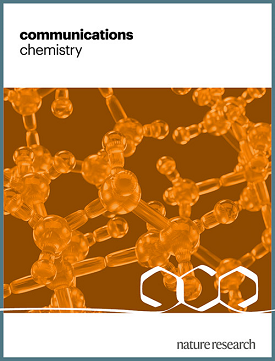Niobium pentoxide nanomaterials with distorted structures as efficient acid catalysts
Abstract
Niobium pentoxides are promising acid catalysts for the conversion of biomass into fuels and chemicals. Developing new synthesis routes is essential for designing niobium pentoxide catalysts with improved activity for specific practical processes. Here we show a synthesis approach in acetophenone, which produces nanostructured niobium pentoxides with varying structure and acidity that act as efficient acid catalysts. The oxides have orthorhombic structures with different extents of distortions and coordinatively unsaturated metal atoms. A strong dependence is observed between the type and strength of the acid sites and specific structural motifs. Ultrasmall niobium pentoxide nanoparticles, which have strong Br?nsted acidity, as well as Lewis acidity, give product yields of 96% (3?h, 140?°C, 100% conversion), 85% (3?h, 140?°C, 86% conversion), and 100% (3?h, 110?°C, 100% conversion) in the reactions of furfuryl alcohol, 5-(hydroxymethyl)furfural, and α-angelica lactone with ethanol, respectively. Niobium pentoxides are valuable catalysts for biomass upgrading, and their acidity can be controlled through the choice of synthesis route. Here niobium pentoxide nanoparticles synthesised in acetophenone are shown to exhibit strong Br?nsted and Lewis acidity, giving improved yields compared to conventional niobic acid in the reactions of common platform chemicals.





